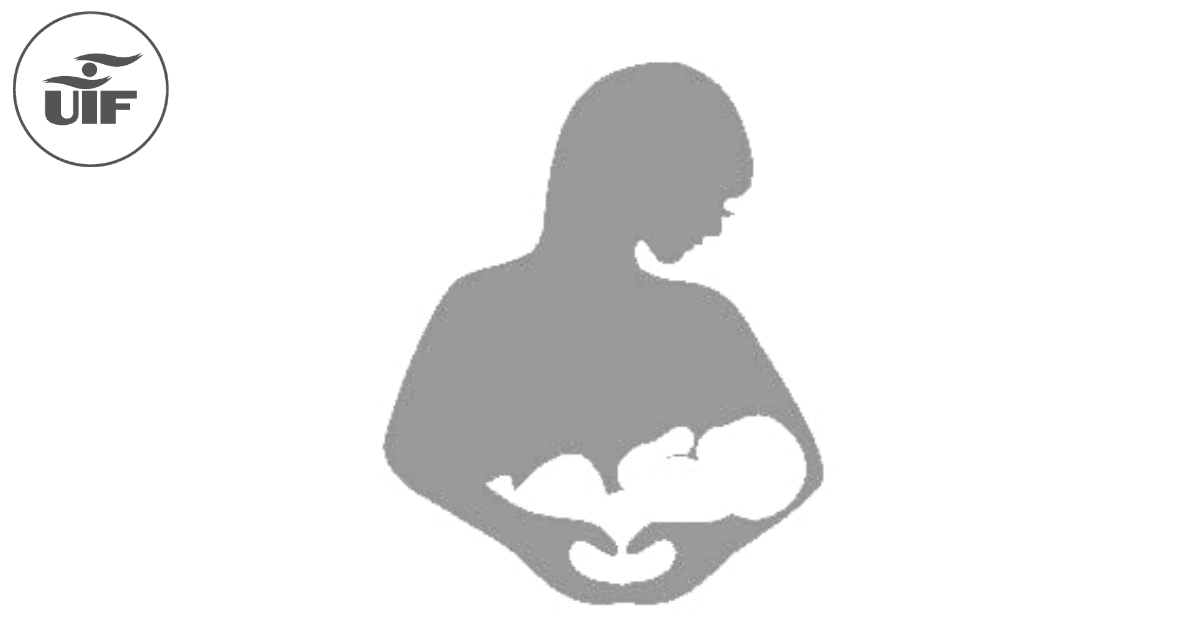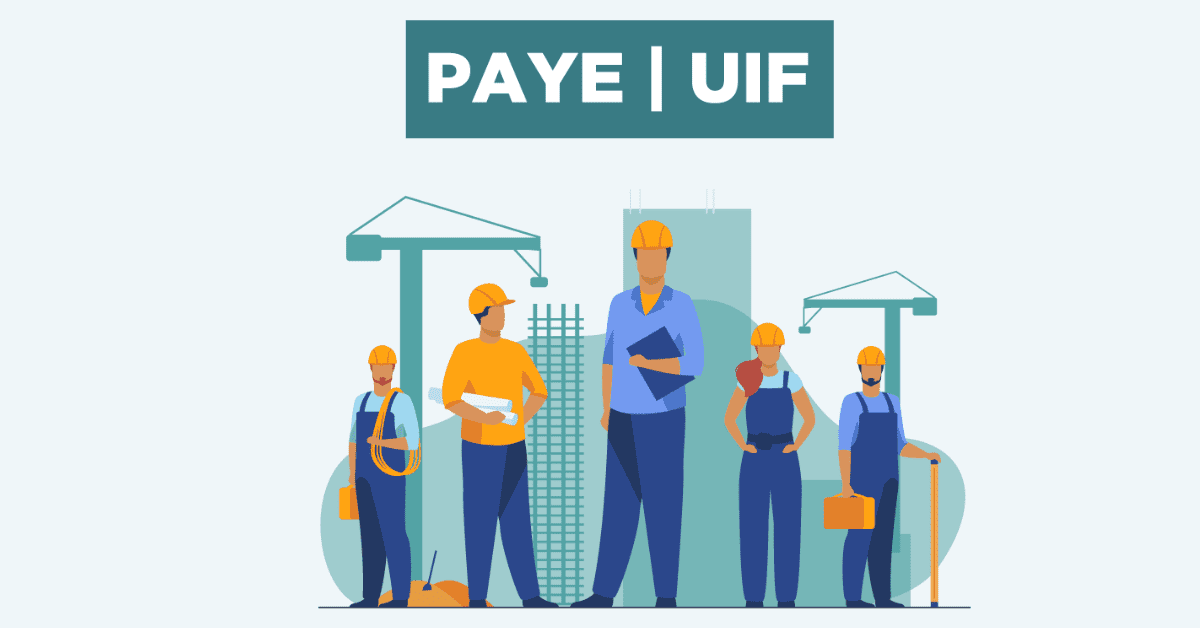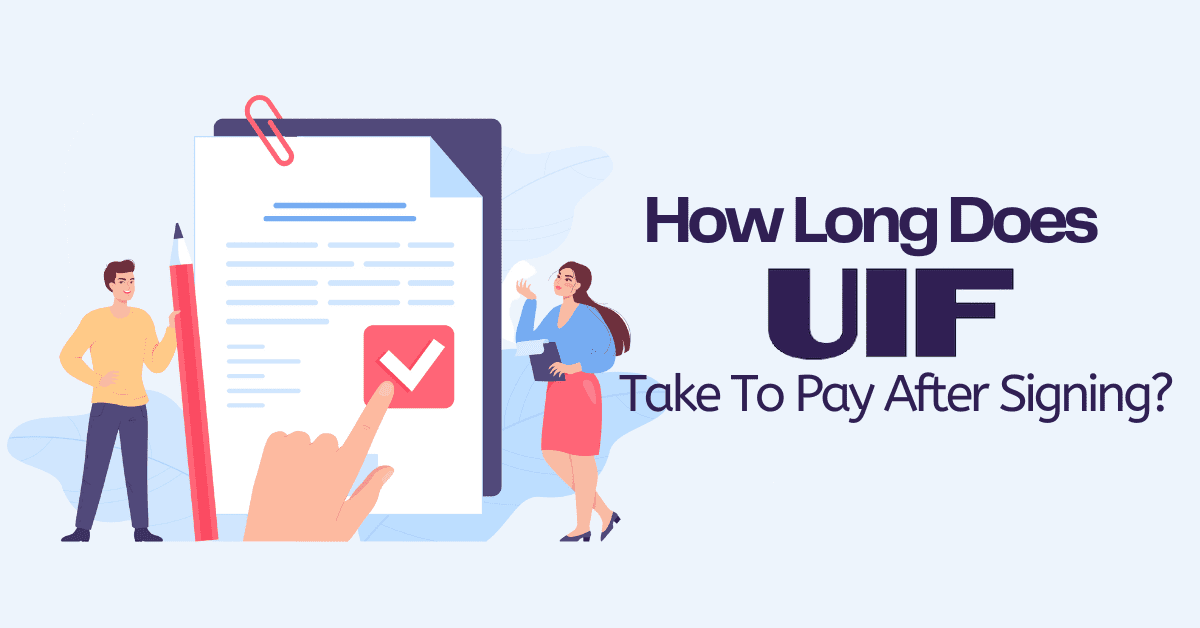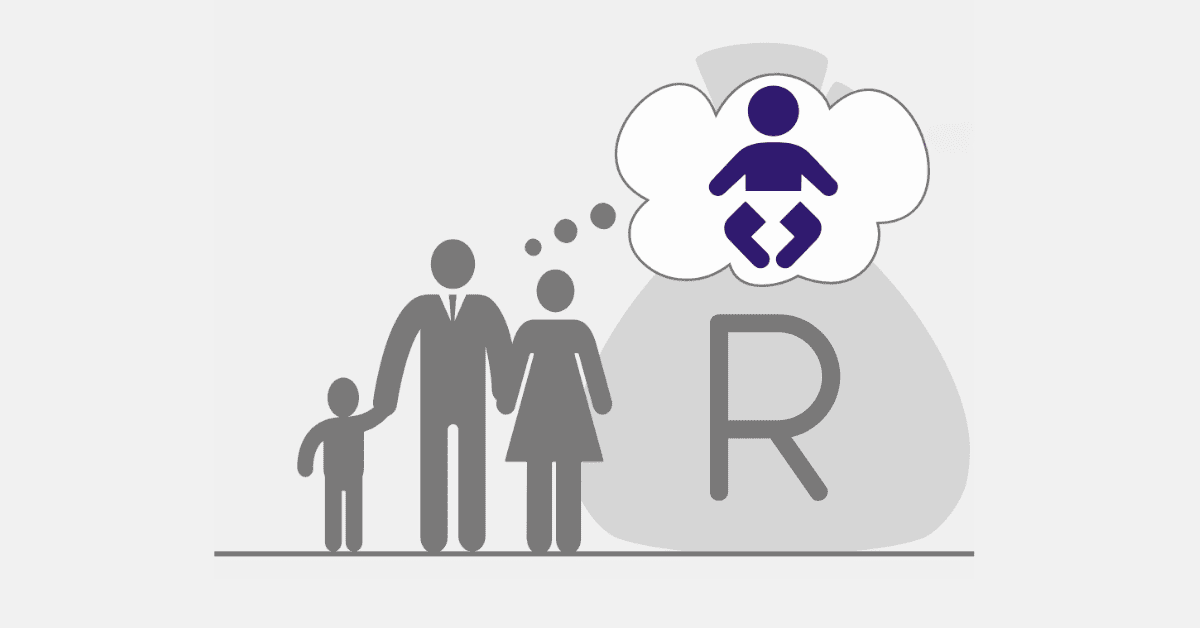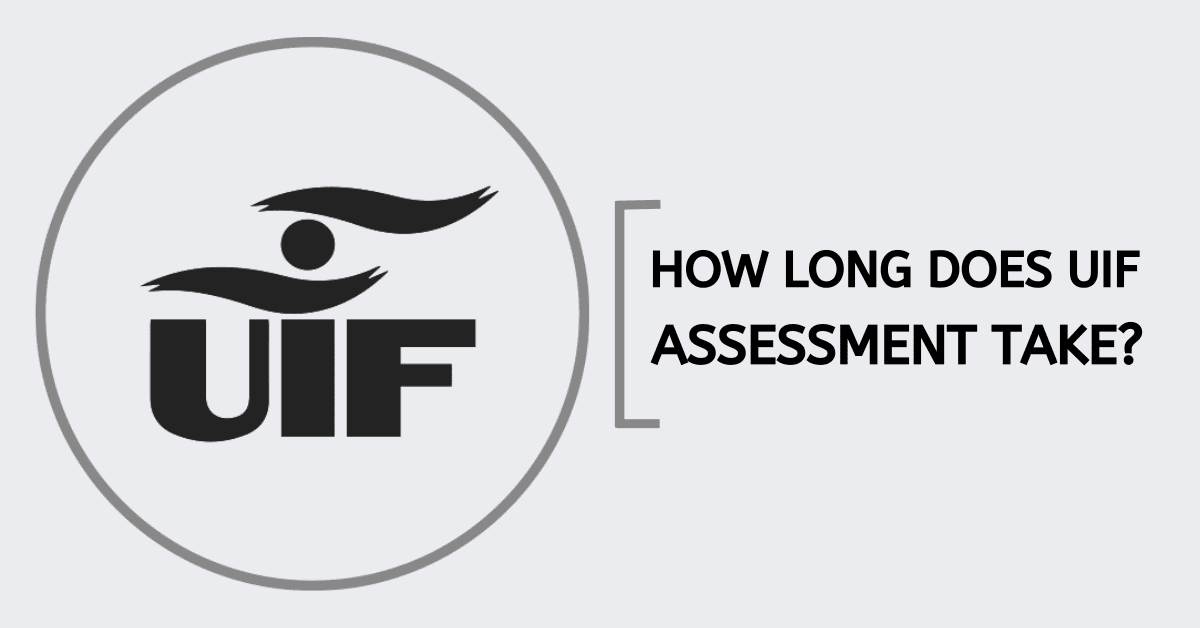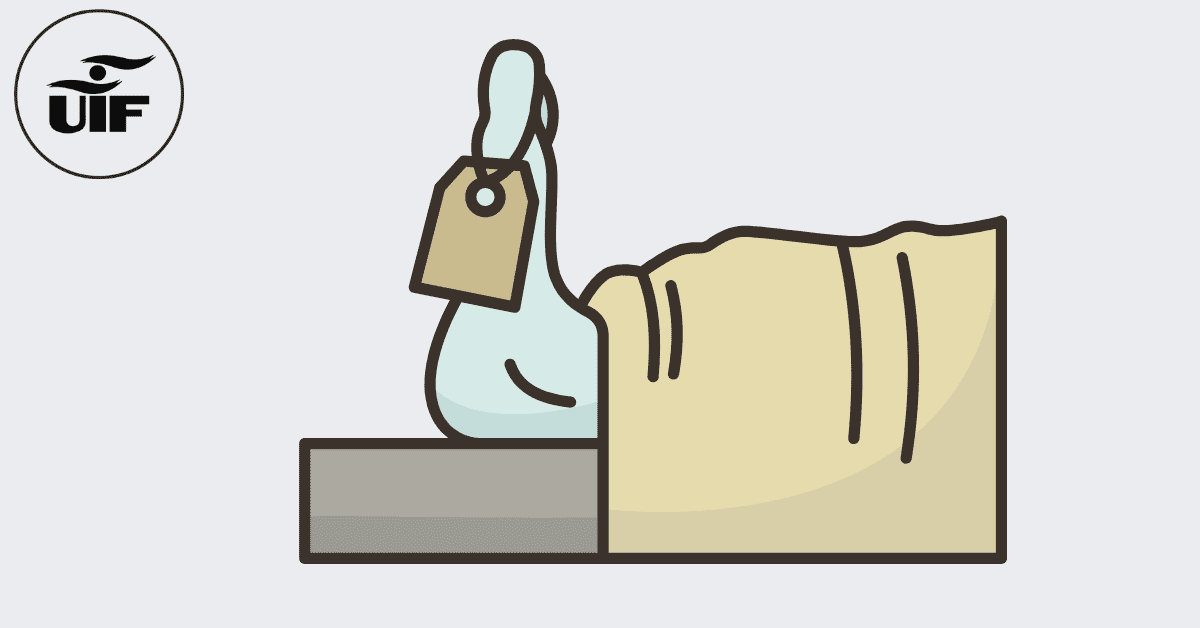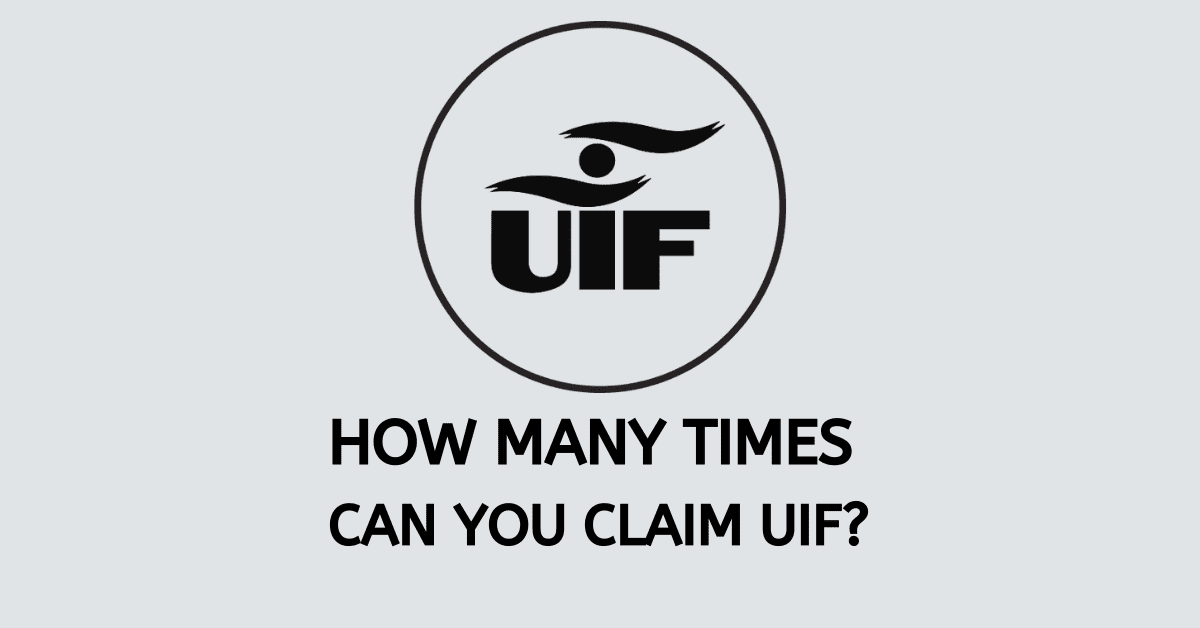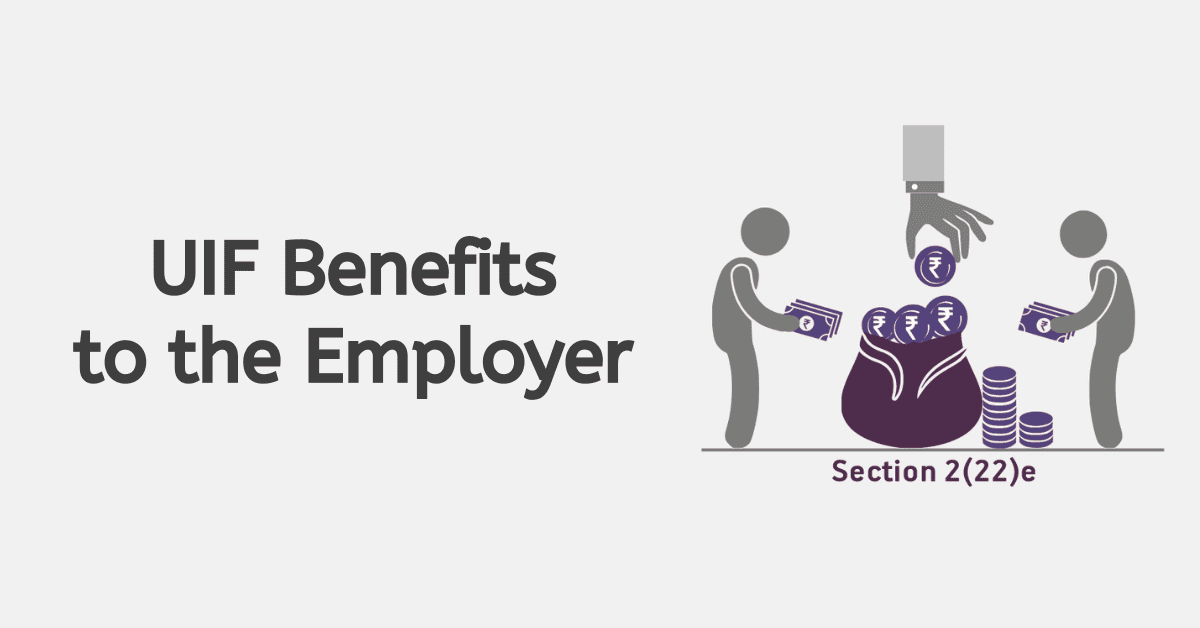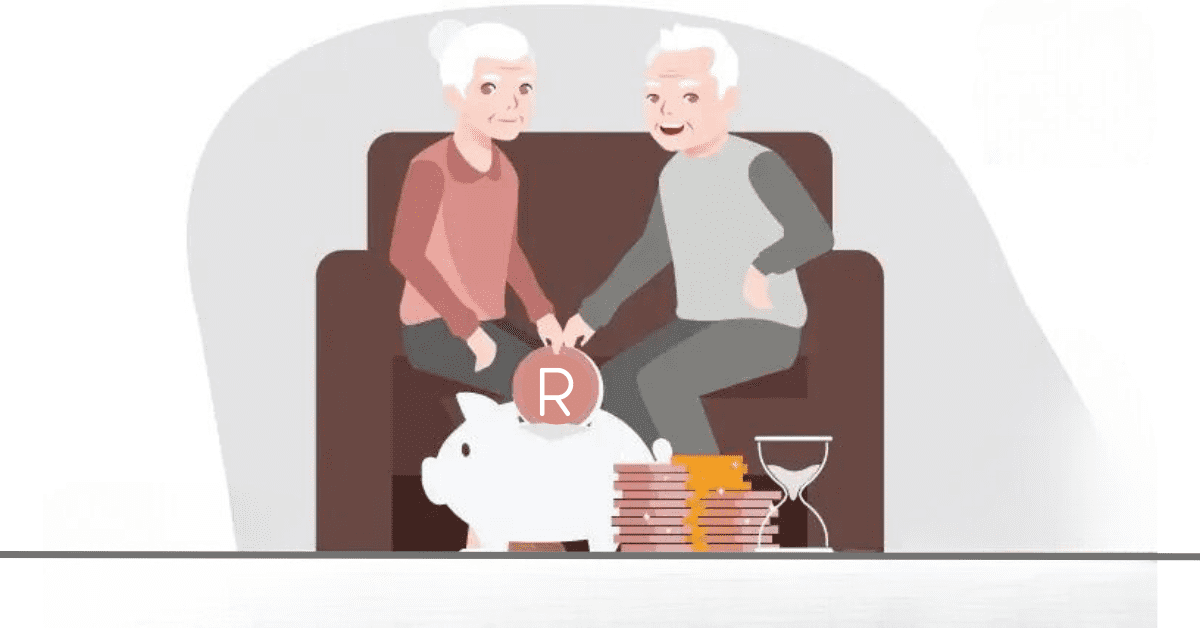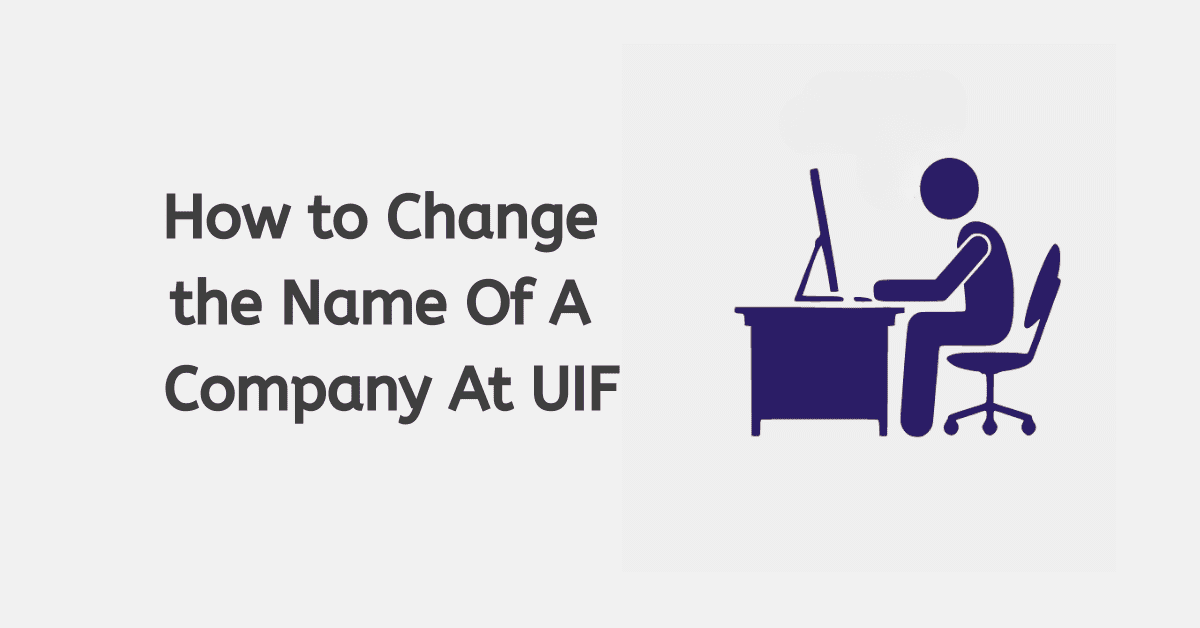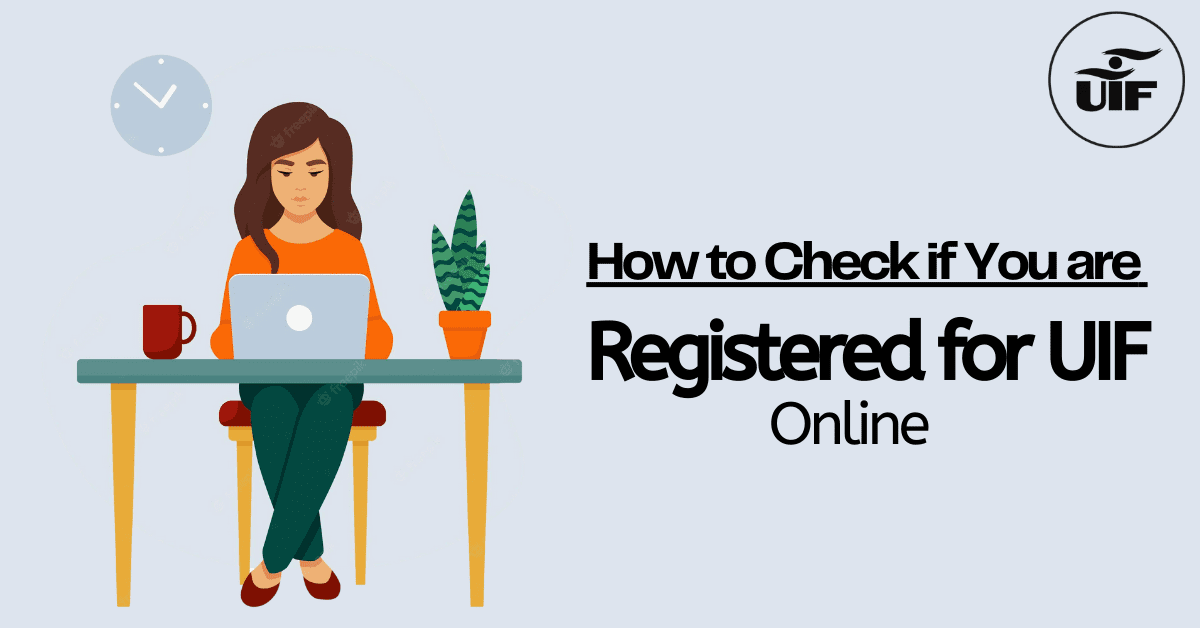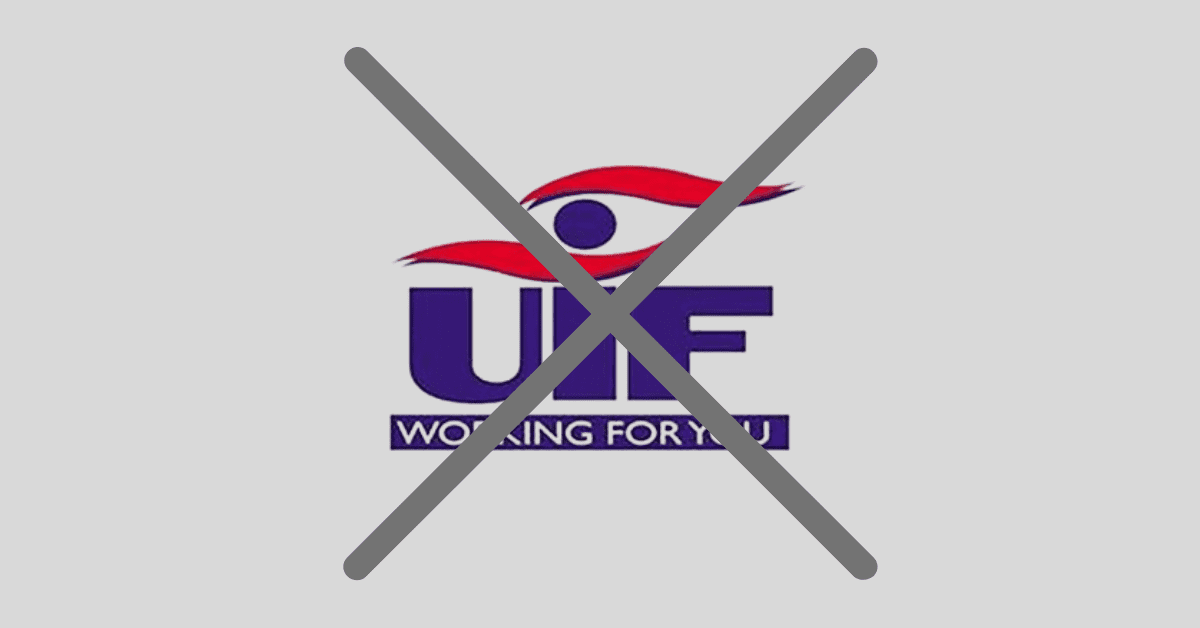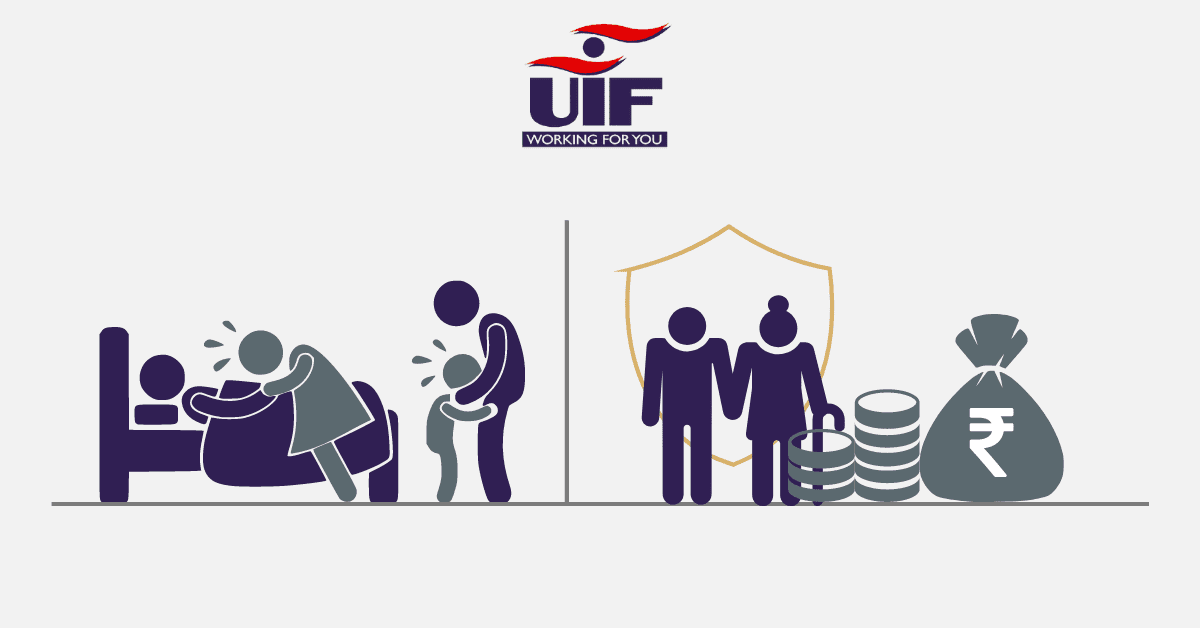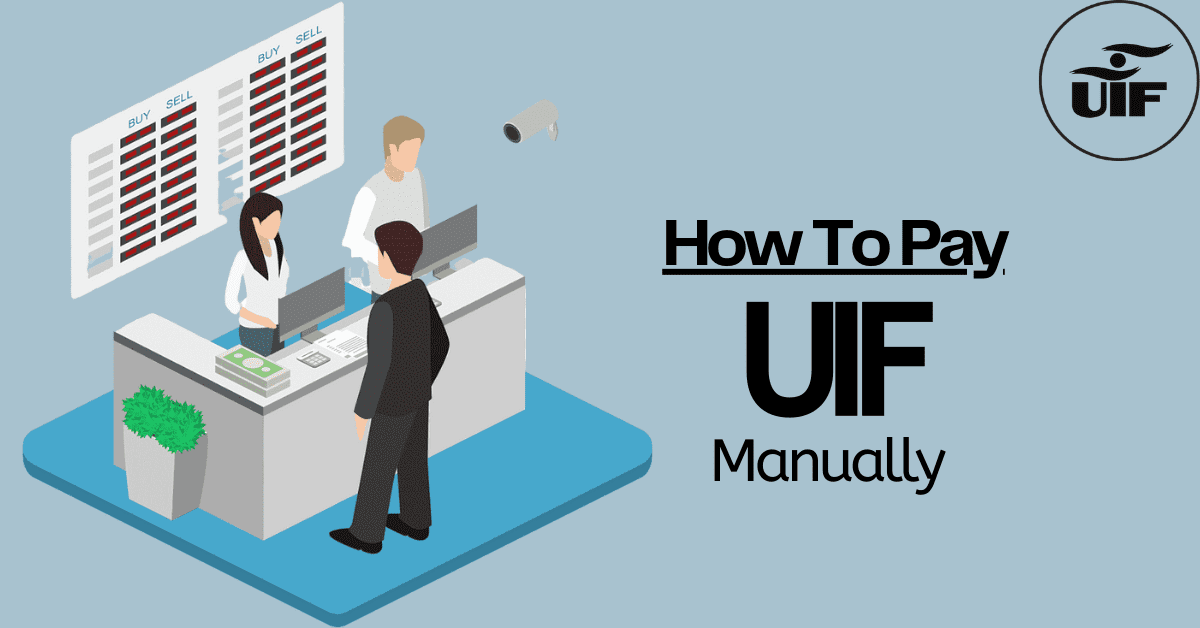The Unemployment Insurance Fund (UIF) in South Africa provides temporary income support to individuals who become unemployed, allowing them to maintain their financial stability during challenging times. However, there may be situations where an individual fails to claim UIF benefits within the designated timeframe. This article explores the consequences and procedures associated with not claiming UIF after 12 months, whether it is possible to claim UIF after two years, the expiration period for UIF claims, and the possibility of backdating UIF payments.
What Happens If I Don’t Claim UIF After 12 Months?
- Time Limit: The UIF requires individuals to claim their benefits within 12 months from the date of unemployment. Failing to submit a claim within this timeframe may result in the forfeiture of the unpaid UIF benefits.
- Loss of Benefits: If an individual does not claim UIF within 12 months, they risk losing the opportunity to receive the financial support provided by the fund. It is crucial to adhere to the specified time limit to ensure timely access to UIF benefits.
- Exceptional Circumstances: In certain cases, such as extended illness or incapacity, where individuals cannot claim UIF within 12 months, they may be eligible for exceptions. These exceptions are reviewed case-by-case by the UIF and require supporting documentation to justify the delayed claim.
- Appeals Process: If there are legitimate reasons for not claiming UIF within the designated timeframe, individuals can appeal with the UIF. The appeals process allows for reviewing the circumstances and considering the delayed claim.
- Penalties and Consequences: The UIF may impose penalties or additional requirements for delayed claims, depending on the individual’s circumstances. It is essential to communicate with the UIF and follow their instructions to address any penalties or consequences that may arise.
Can You Claim UIF After 2 Years?
Generally, the UIF requires individuals to claim their benefits within 12 months from the date of unemployment. However, in exceptional cases where individuals could not claim UIF within the initial 12-month period, they may still be eligible to claim after two years. These exceptional circumstances are carefully reviewed by the UIF on a case-by-case basis, considering supporting documentation and valid reasons for the delayed claim.
To claim UIF after two years, individuals must provide comprehensive and compelling reasons for the delay, such as extended illness, incapacity, or exceptional circumstances preventing them from submitting their claim earlier. The UIF will evaluate the evidence and determine eligibility for late claims based on specific circumstances.
It is crucial for individuals who have exceeded the 12-month claim period to contact the UIF immediately, explain the reasons for the delayed claim, and follow the necessary procedures for submitting a late claim. Consulting with the UIF directly and providing all relevant documentation will facilitate a thorough case review and increase the chances of a successful claim.
How Long Does It Take for UIF to Expire If Not Claimed?
If an individual fails to claim UIF benefits within the designated timeframe of 12 months from the date of unemployment, the unclaimed benefits do not remain indefinitely available. The UIF has provisions to ensure the effective management of funds and the timely distribution of benefits to eligible individuals.
After the 12-month claim period, the unclaimed UIF benefits are redirected to the UIF’s Reserve Fund. The Reserve Fund serves as a pool of resources that supports the sustainability of the UIF system and ensures future benefit payments. The redirection of unclaimed funds to the Reserve Fund aligns with the regulations outlined in the Unemployment Insurance Act.
It is important to note that once the funds have been redirected to the Reserve Fund, they are no longer available for individual claims. Therefore, adhering to the designated timeframe and submitting a claim within 12 months is crucial to avoid losing access to UIF benefits.
Can You Backdate UIF Payments?
The UIF is designed to provide temporary income support to individuals during their period of unemployment, starting from the date of the claim submission. Under normal circumstances, UIF payments cannot be backdated. It does not offer retroactive payments for periods of unemployment before the claim.
To ensure fairness and effective management of the UIF system, the benefits are calculated based on the contributions made by the employee and the qualifying period specified by the UIF regulations. Backdating UIF payments would require significant adjustments to the system, affecting its integrity and sustainability.
Therefore, individuals must submit their UIF claims promptly upon becoming unemployed to ensure they receive the appropriate benefits from the date of their claim submission. Delaying the claim may result in the loss of benefits for the period preceding the claim.
It is important to consult the official UIF website or contact the UIF helpline for detailed and up-to-date information regarding the procedures, timeframes, and requirements for submitting a UIF claim. Being aware of the UIF regulations and adhering to the designated time limits will help individuals navigate the system effectively and access the benefits they are entitled to.
